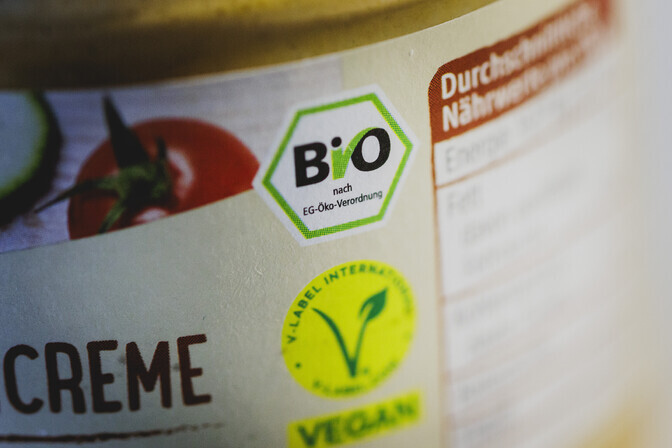Stricter control of eco-labeling within the European Union is to take effect starting in September, with the aim of fighting “greenwashing.” However the Estonian Consumer Protection and Technical Regulatory Authority (TTJA) is as yet not quite prepared enough to monitor companies’ compliance with the rules.
Updating domestic law would align it with new EU legislation aimed at combating “greenwashing,” meaning a company’s actual positive impact on the environment lagging behind the impression given by advertising of that impact.
The bloc is preparing a directive that will set the rules for justifying environmental claims, meaning the accuracy of eco-labels and green claims, such as the statement “environmentally friendly packaging”, will be checked more thoroughly.
Mari-Liis Aas, consumer protection adviser at the Ministry of Economic Affairs and Communications, said: “Actually, even today, if a trader makes a claim to the consumer, it must not be misleading.”
Traders may incur additional costs for certification, such as the well-known EU eco-label, which in Estonia is issued by the Environmental Agency.
Deputy Secretary General for Green Reform at the Ministry of Climate Kristi Klaas said that the green claims directive is needed for consumer protection.
“For example, the sugar content is marked on a product. We assume that this is correct information. In the same way, all kinds of environmental claims made by companies must also be verified. That is the general goal of this directive,” Klaas said.
Supervision of those green claims would be carried out by the TTJA. Head of the agency’s business department Merike Koppel said that this will definitely prove difficult, however.
“Starting with the fact that there may be situations where it is hard to prove anything, or for example, a TTJA official may lack competence, as we currently don’t have anyone with environmental expertise in the office, so we’ll start training ourselves, step by step figuring out what’s really going to happen,” she outlined.
Business manager at long distance bus carrier Lux Express Ingmar Roos stressed that his company works with Green Bay, which offers the option to travel with a low carbon footprint. About 5 percent of those buying bus tickets with Lux Express choose the option to pay a few dozen cents to reduce their carbon footprint, he said. The company’s calculations will be verifiable under the new draft.
“We have calculated this based on the fuel consumed and kilometers served per passenger,” Roos noted.
—
Follow ERR News on Facebook, Bluesky and X and never miss an update!
